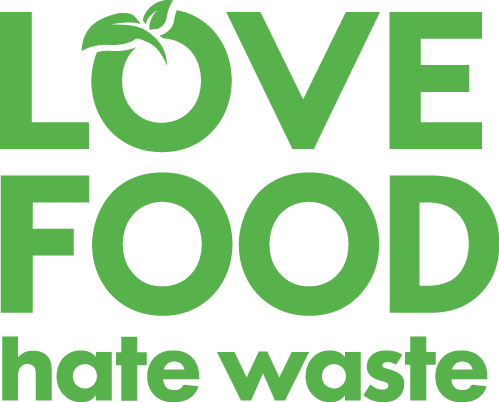
Reduce your business’ food waste
Businesses that reduce the amount of food they throw out can cut costs and increase profits.
The NSW government is requiring high food-wasting businesses to source separate food waste for recycling from 2026.
It is part of a commitment to achieve net zero emissions from organics waste in landfill and halve food waste sent to landfill by 2030.
Whether or not your business is required to source separate food waste under the new requirements, having a separate food waste collection is good for any business from an economic, social and environmental perspective. It can help save costs on waste disposal to landfill and your business operations, reduces your carbon footprint and diverts organics waste for beneficial reuse.
Support is available for businesses that need to source separate. Businesses can access advice and potentially rebates for equipment, including bins and signage through the NSW EPA’s Bin Trim program.
Food businesses in NSW throw away around 30% of their food. That’s a lot of money going into the bin.
In fact, 74% of food waste happens before the food is even sold or served! Things like overproduction, spoilage, aesthetic specifications from retailers or wholesalers, and food preparation all contribute to food being wasted by businesses each week.
Most food waste in business is avoidable and is usually the result of poor stock management, poor food handling, or incorrect serving sizes. It doesn’t make sense to spend money buying and preparing food just to throw it away.
Our Your Business is Food program can help businesses reduce the amount of food thrown away.
It's free to sign up and over six weeks you'll receive support from the NSW EPA and a free Your Business is Food Toolkit (680KB PDF) with handy resources like stickers, posters, and coasters to engage staff and customers, and help improve existing attitudes and behaviours.
A simple food waste review will be conducted to work out where food is being wasted. Businesses will learn how much wastage is occurring during preparation, storage, or from customers’ plates, and choose appropriate actions to reduce food waste.
After six weeks, a follow-up review is required to measure how much the business has reduced food waste by implementing smart initiatives and promoting its achievements to staff and customers.
Sign up to Your Business is Food today.
Useful links
- Ways to reduce food waste in business
- Your Business is Food toolkit (680KB PDF)
- Food Waste Review Form (368KB PDF)
- Food Waste Action Plan Form (175KB PDF)
- Watch: The Your Business is Food program significantly reduces business food waste
- Watch: Tips for businesses to successfully reduce food waste
- Don't Waste Your Dough Toolkit (9.1MB)
- NSW Health diversion and avoidance of food organics in hospitals (409KB)
- Early Childhood Food Waste Action Guide (652KB)
- End Food Waste Australia Catering Toolkit (3.30MB)
